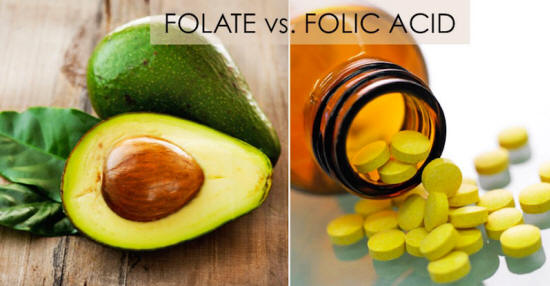|
May 18, 2016 from PreventDisease website
Johns Hopkins, which by the way is the largest school of public health in the world, recently released a study finding that consuming too much folate, found in practically all plant foods, causes autism.
But there is a very big problem with the
research that attempts to compare this natural nutrient
to a study based on its artificial counterpart.
Whether it's Ebola, the Zika virus or salads, the fear engine will never stop until it has your attention...
The latest pseudoscience coming out of
one of the most respected public health institutions in the world is
attempting to do just that--make you scared of consuming too many
plant based foods, especially while women are pregnant.
Low levels of the nutrient may be
involved in several disease processes including birth defects and
even cancer.
A number of studies have flagged
potential problems with excess folic acid, including compromising
the immune system, masking vitamin B deficiency and increasing the
risk of some forms of cancer.
When a pregnant woman doesn't take in
enough folate, the fetus has a much greater risk of being born with
a splayed vertebral column (spina bifida), or a similar abnormality
on the spectrum neural tube defects.
A large majority of the mothers in the study reported having taken multivitamins - which would include folic acid and vitamin B12 - throughout pregnancy.
But the researchers say they don't know exactly why some of the women had such high levels in their blood, and it was most likely due to the consumption of
If folate was the real issue,
Five countries recommend folic acid
consumption around conception above and beyond World Health
Organization (WHO) guidelines, while five others dismiss
supplementation as unnecessary.
This leads to unmetabolized folic acid circulating in the bloodstream which is eventually metabolized by the liver, but the process is slow, inefficient and possibly toxic.
Researchers have reported that 86% of folic acid in the hepatic portal vein (which carries blood from the gut to the liver) remains unmetabolized, while almost all of the natural folate was converted correctly.
You would hope that future decisions and studies about fortification with folic acid would take into account that we don't metabolize folic acid in the same way as natural folates.
But contrary to the advice of many 'experts', studies such as this at JHBSPH will continue to influence the public into the false pretenses of avoiding plant based foods and folate in an effort to prevent autism, a disease now largely correlated to vaccination and pesticides.
Sources
|


